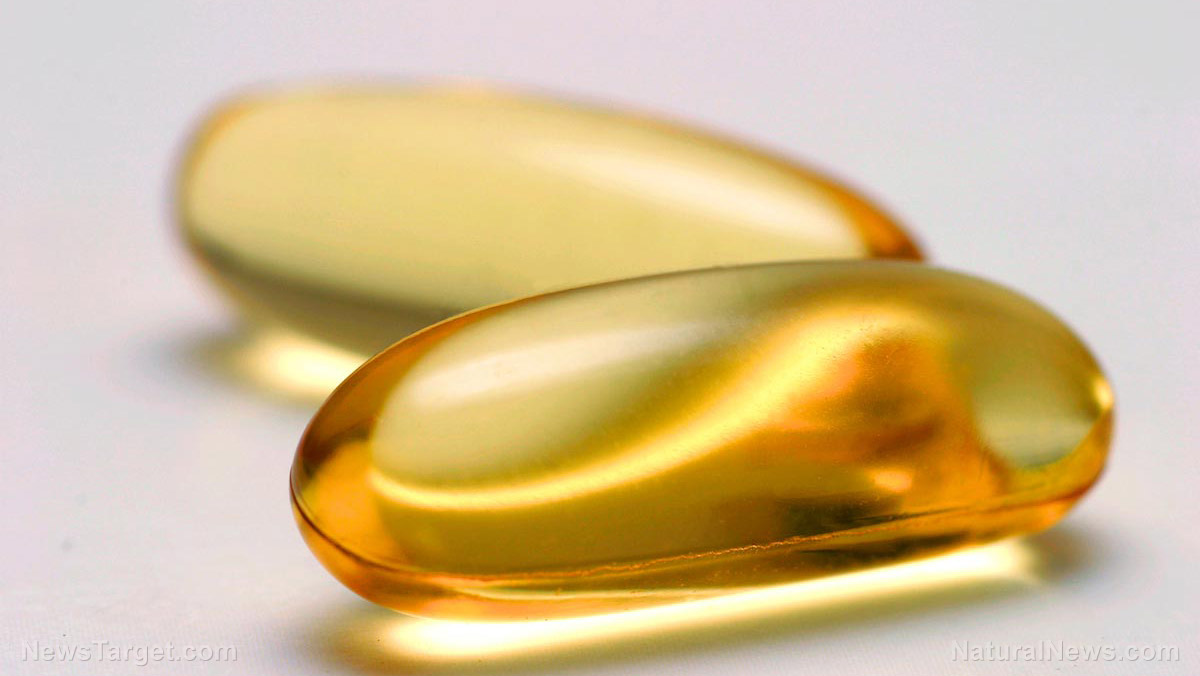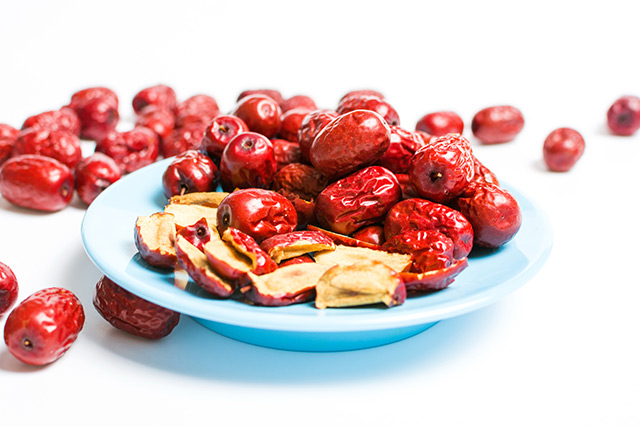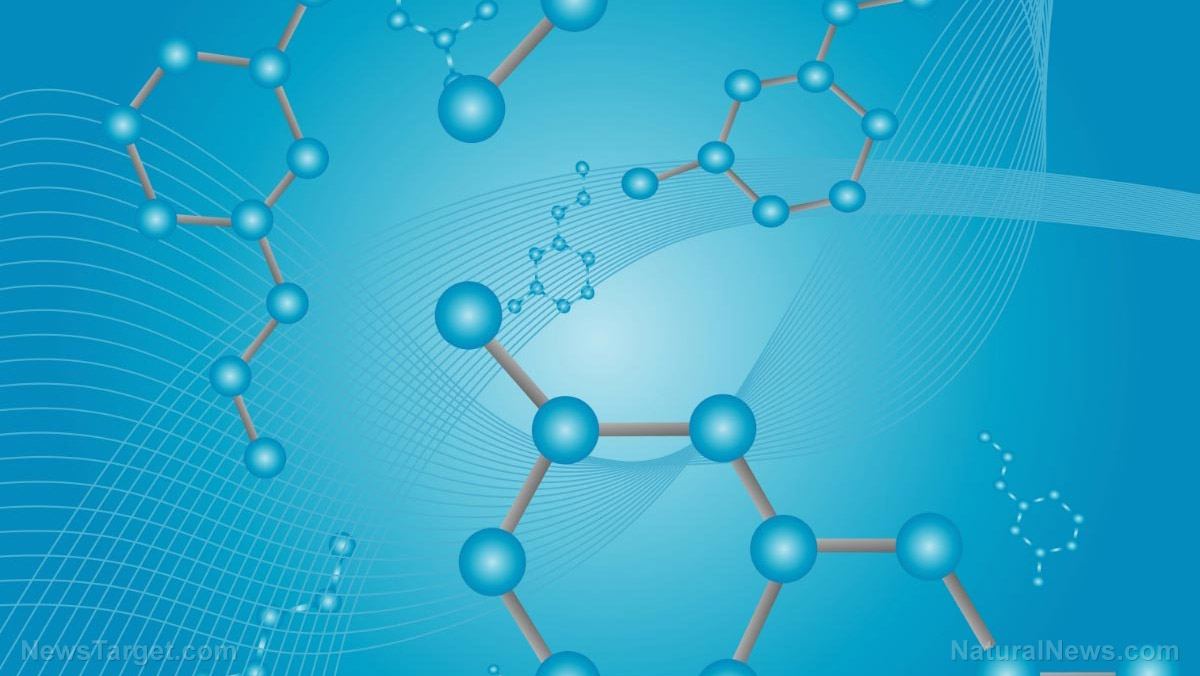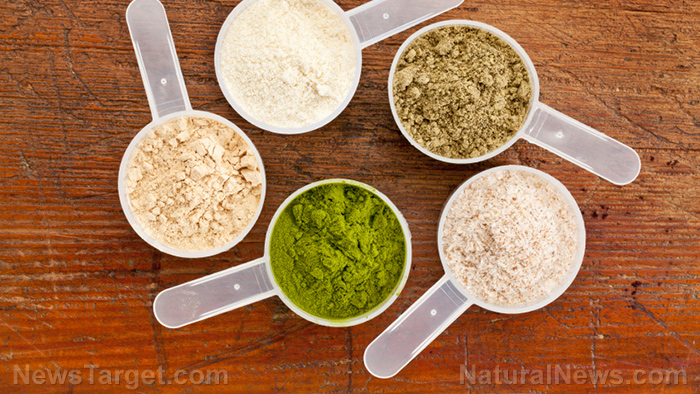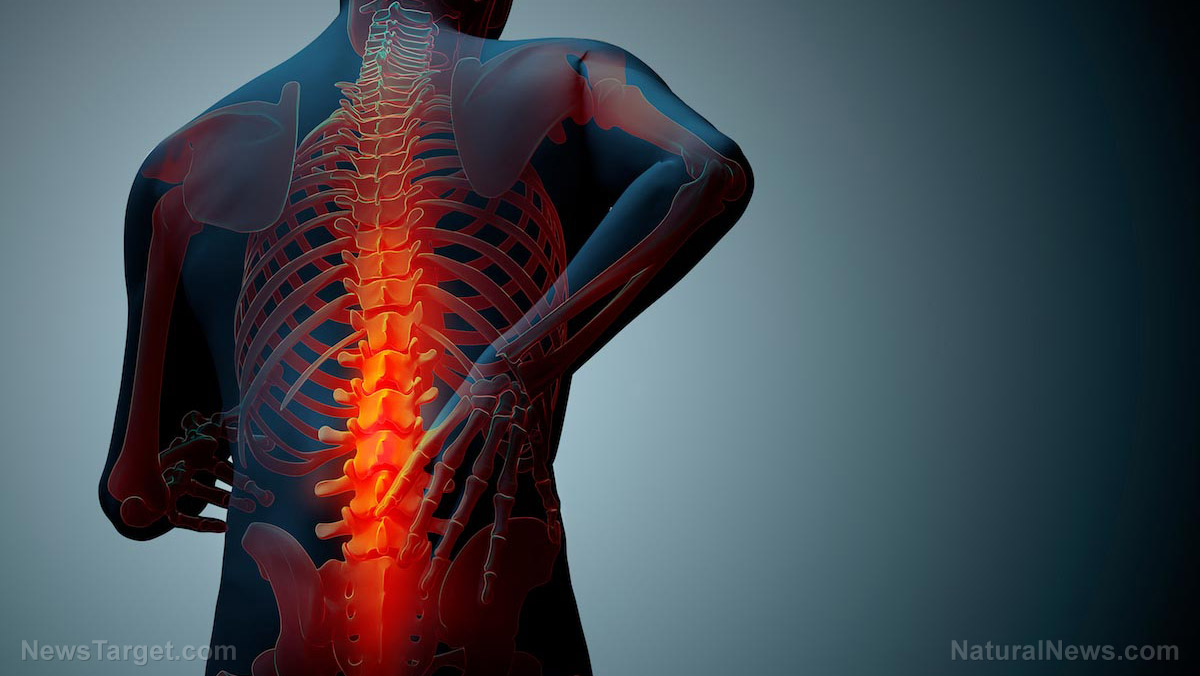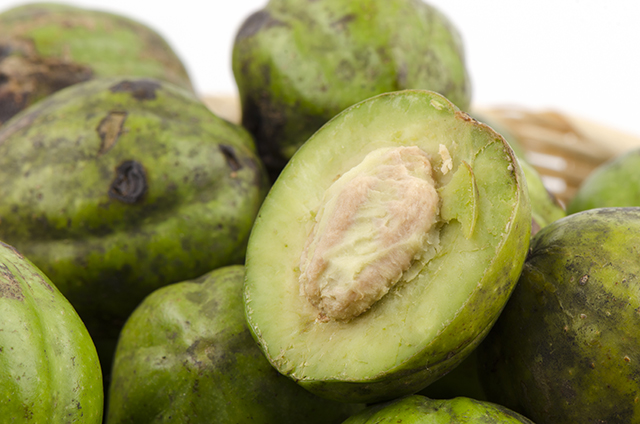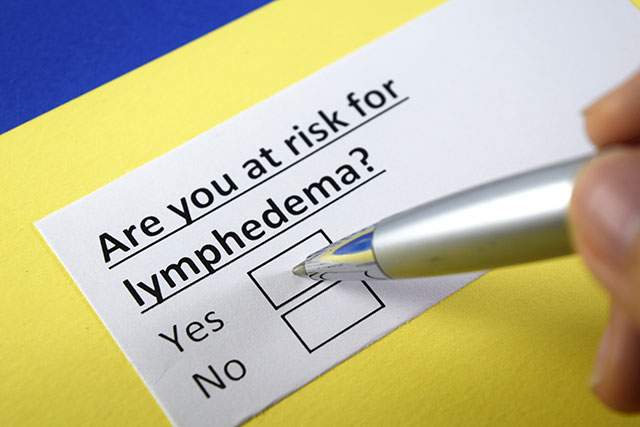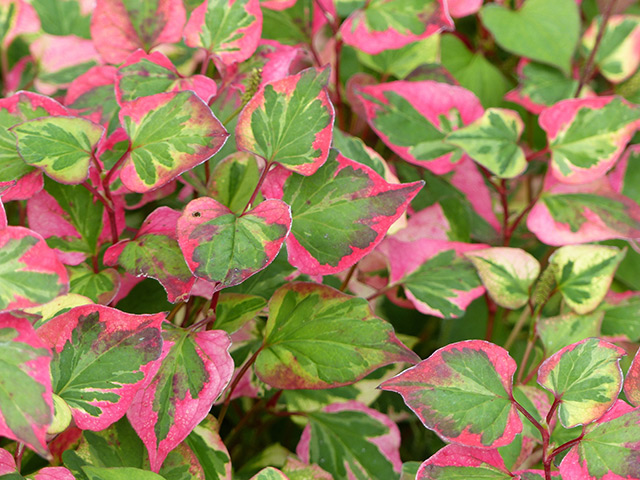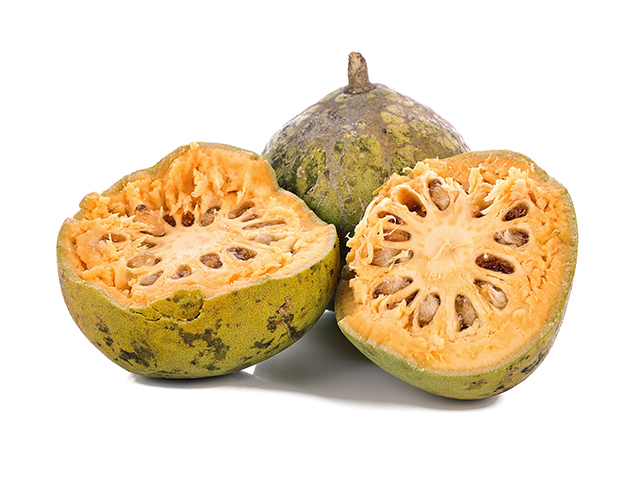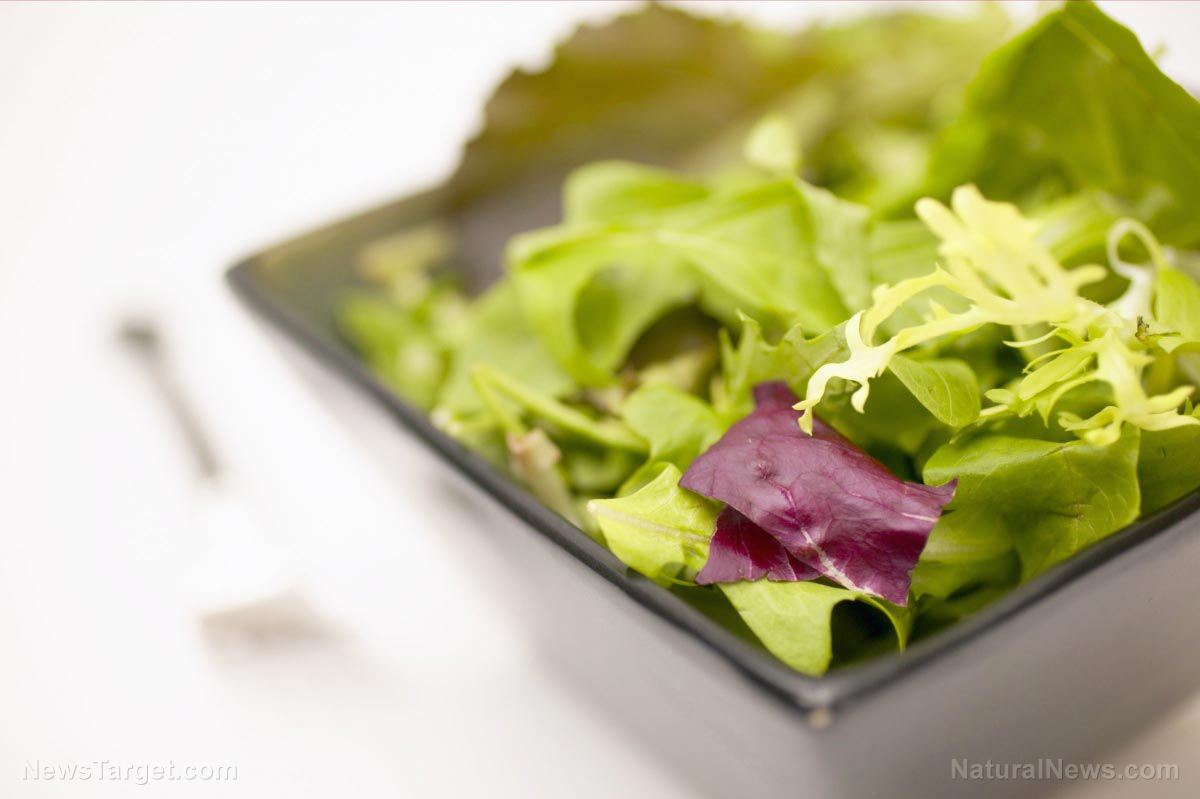Chitosan found to inhibit liver cancer: Study
08/29/2018 / By Michelle Simmons

Research revealed that Chitosan oligosaccharide, the degradation products of chitin, prevents liver cancer. Scientists continue to search for therapeutic treatments for liver cancer patients as chemotherapy is continually proven to be ineffective and dangerous. Thus, a team of researchers from the Dalian Medical University examined the protective effect of Chitosan oligosaccharide against human hepatoma cells.
For the study, the team applied an MTT assay to observe the ability of human hepatoma cells to survive when treated with Chitosan oligasaccharide. Moreover, they used flow cytometric analysis to examine the apoptosis of the human hepatoma cells treated with Chitosan oligasaccharide. Then, they used a western blot to analyze the underlying mechanisms involved in the apoptosis.
Chitosan oligasaccharide is obtained through hydrolysis or degradation of chitin, which is the second most abundant polysaccharide after cellulose. It occurs in nature as ordered macrofibrils and is the primary structural component in the exoskeletons of the crustaceans, crabs, and shrimps, as well as the cell walls of fungi.
The researchers found that Chitosan oligasaccharide dose-dependently prevented the growth of liver cancer cells as well as stimulated apoptosis. In addition, they saw a decrease in the anti-apoptopic protein Bcl-2 and an increase in the enzyme Caspase-3 expression which may be associated to the apoptosis of liver cancer cells.
In conclusion, the study indicates that Chitosan oligasaccharide can be potentially used as a drug to treat liver cancer as it inhibited liver cancer cell growth and prompted cancer cell death. The findings of the study were published in the African Journal of Traditional, Complementary and Alternative Medicines.
Liver cancer and its causes, symptoms, and treatments
The liver is the largest organ in the body, located on the upper right side of the body, behind the lower ribs. It is responsible for storing nutrients, removing waste products and worn-out cells from the blood, filtering and processing chemicals in food, alcohol, and medication, and producing bile, which helps digest fats and remove waste products.
Liver cancer in the U.S. affects around 31,000 people and approximately 24,000 of them die from the disease. A lot of liver cancer cases are associated to either the hepatitis B virus or hepatitis C virus, which affects over four million people in the U.S. Liver cancer can develop if a person consumes too much alcohol, is obese, eats foods that contain aflatoxin, or has cirrhosis or the scarring of the liver, hemochromatosis or the condition where the body stores excess iron, or diabetes. The symptoms of liver cancer may include the following:
- Discomfort in the upper right abdomen
- A swollen abdomen
- A hard lump on the right side just below the rib cage
- Pain near the right shoulder blade or in the back
- Jaundice or yellowing of the skin and whites of the eyes
- Easy bruising or bleeding
- Nausea and vomiting
- Loss of appetite
- Sudden weight loss
Foods that support liver health
Since the liver has a lot of functions in the body, it is important to keep it healthy. Get extra liver protection by eating the foods included in the following:
- Garlic – Garlic helps the liver stimulate enzymes that eliminate toxins. In addition, it is rich in allicin and selenium, which are natural compounds that help in liver cleansing.
- Grapefruit – Whether you eat grapefruit or drink its juice, it will help the liver remove cancer-causing chemicals and toxins. Moreover, it is rich in vitamin C and antioxidant agents.
- Beets – It can enhance the overall functions of the liver as it is rich in flavonoids.
- Leafy green vegetables – Spinach and lettuce and other leafy greens can neutralize metals, chemicals, and pesticides that may be in the food you eat.
- Green tea – It is known to contain the antioxidants catechins, which improve liver function.
- Avocados – Avocados produce glutathione that the liver needs to filter harmful substances in the body.
Read more stories on cancer prevention and treatments at PreventCancer.news.
Sources include:
Tagged Under: cancer cures, cancer treatments, chitin, Chitosan oligosaccharide, hepatoma, Liver, Liver cancer, liver health, natural cures, natural medicine, prevention




